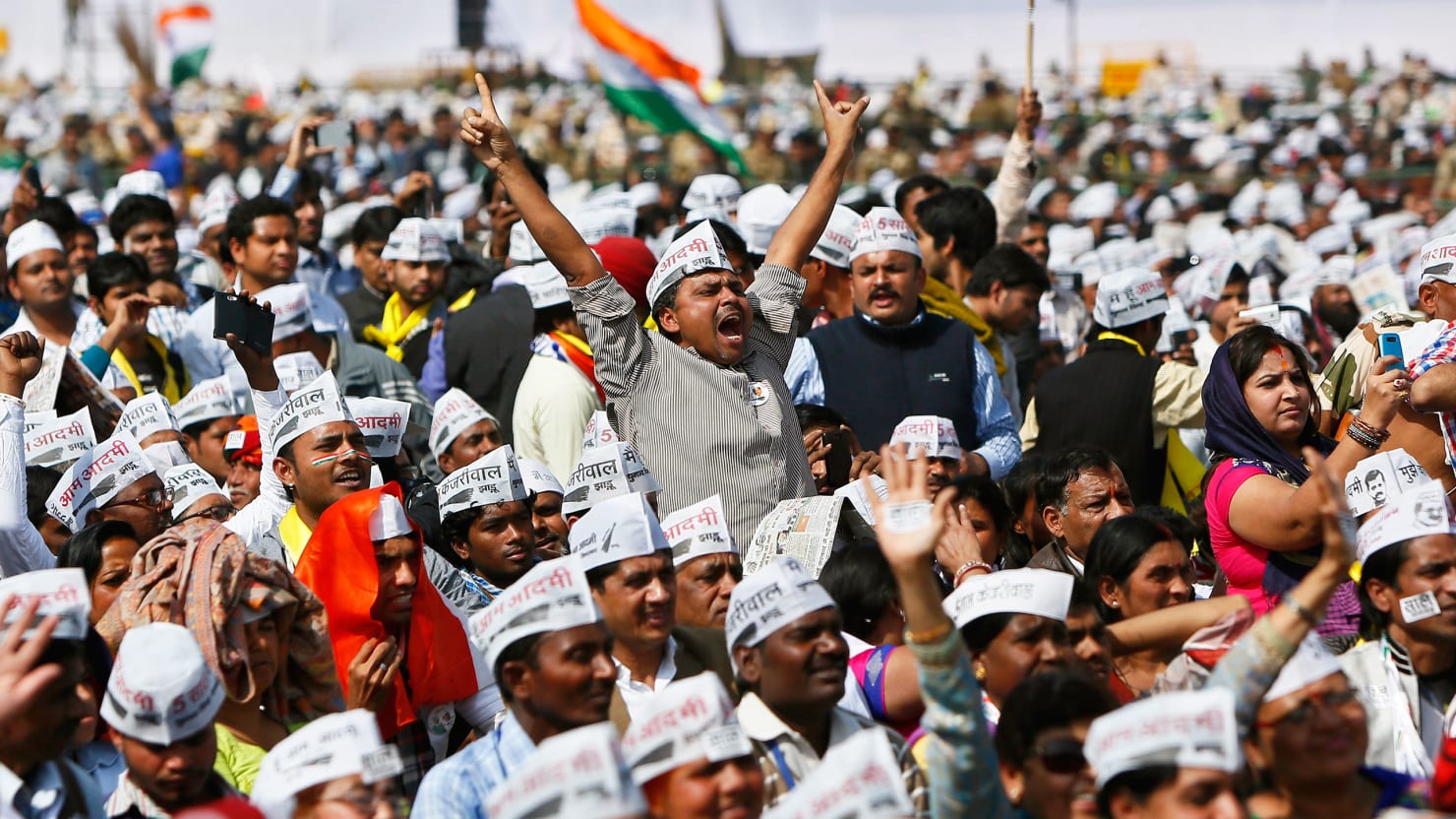By – Vishal Agarwal
“Give me your tired, your poor, your huddled masses yearning to breathe free.”
— Emma Lazarus
India hosts more than two lakh refugees and is at the centre of refugee movements in the South Asian region. It has been a home to refugees from numerous neighbouring countries.
Since India’s independence and partition, it has had an influx of migrants from its neighbours, and this incident is not pertinent to the partition of India. The issue of the economic burden India has to bear and the significant demographic changes brought about by this inflow were frequently raised. In addition to economic and demographic problems, the refugee crisis also endangers India’s security. The legal demands of migrants, internally displaced people, and refugees have all been controlled by existing laws, although this has not yet been formally acknowledged. Although the matter has been partially addressed by current law and court involvement, there are still significant obstacles to resolving the bigger issue. Existing domestic laws regulating foreign nationals’ entry, stay and exit in normal circumstances are inadequate to deal with refugees. In the absence of domestic law for refugees and asylum seekers, there should be a domestic protocol on their status, assigning specific responsibilities to specific agencies. This will ensure prompt response and enhance accountability.
India follows the principle of dualism when it comes to Refugees; that is, international law is not directly applicable domestically and must be implemented through law by Parliament. But in the light of current international situations, we need to review the current scenario from a legal and humanitarian perspective. It is high time that a proper legal framework is set up for the same!
Refugees and illegal immigration are also two distinct concepts. However, both groups are treated equally under Indian law because of the Foreigners Act of 1946.
An individual seeking international protection from persecution is called an asylum seeker, and a country may grant refugee status to an asylum seeker. But sadly, there is no clear definition in India regarding this! Moreover, India is not a party to the 1951 Refugee Convention and its 1967 Protocol – vital legal documents about refugee protection in International Law. As a result, the government’s policies and solutions to address these problems lack clarity and policy value. This leads to India’s refugee policy being guided primarily by ad hocism! This enables the government in office to pick and choose ‘what kind’ of refugees it wants to admit for political or geopolitical reasons. This is sad; ultimately, the refugees end up suffering.
However, India has signed numerous Human Rights Instruments that articulate a commitment to the protection of Refugees. India is a party to the Universal Declaration of Human Rights (UDHR) 1948 and has joined the International Covenant on Civil and Political Rights (ICCPR) -1966 and the International Covenant on Economic, Social and Cultural Rights (ICESCR)- 1966 since 1979. India is also a signatory to -the convention on eliminating all forms of Radical Discrimination (CRED in 1965), which ensures equal human rights to all human beings without discrimination.
Moreover, Article 51(c) of the Indian constitution directs the state to respect and uphold International Law. Keeping all this in mind, we can say that a Refugee law has been awaited for a long time.
With the recent enactment of the Citizenship Amendment Act, 2019 (CAA), India further fails to address the real issue of refugees and exclusively addresses the issues of illegal immigrants, which are not the same as refugees. Furthermore, the CAA act goes against the basic principles of our democracy, like equality and religious non-discrimination enshrined in the constitution!
With traditional knowledge and values, progressive nations and economic behemoths like India might function as impetuses for international aid and asylum management.
By passing national refugee legislation, India may better calibrate its treatment of asylum claims in light of the global humanitarian and economic crises.













